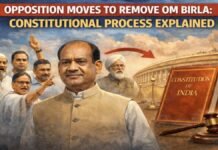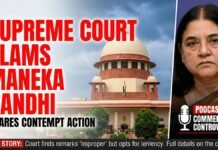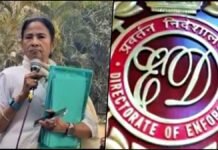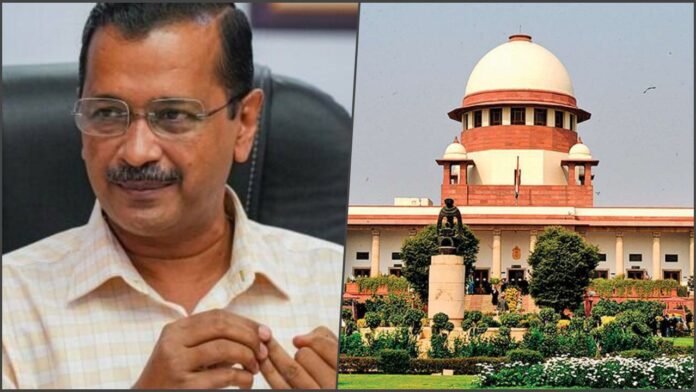
New Delhi: In a significant development, the Supreme Court of India granted interim bail to Delhi Chief Minister Arvind Kejriwal on Friday in the Enforcement Directorate’s (ED) case related to the national capital’s excise policy. The apex court, while referring the matter to a larger bench, raised questions about the legality of the ED’s arrest based solely on interrogation.
A bench comprising Justices Sanjiv Khanna and Dipankar Datta highlighted the need to examine the parameters of arrest, questioning whether mere interrogation justifies such an action. The court’s decision brings partial relief to the Aam Aadmi Party (AAP) leader, who remains under judicial custody in a separate case by the Central Bureau of Investigation (CBI).
Key Takeaways from the Supreme Court’s Verdict:
- Interim Bail Granted: The Supreme Court acknowledged that Kejriwal had been incarcerated for over 90 days. Justice Khanna stated, “We direct Kejriwal will be released on Interim Bail.”
- Elected Leader’s Decision: The court emphasized that it is up to Kejriwal to decide whether he wants to continue as Delhi CM.
- Interrogation Insufficient for Arrest: The bench held that mere interrogation does not justify an arrest.
- Doctrine of Proportionality: The court referred the policy and basis of arrest to a larger bench, framing three key questions, including the necessity of arrest and satisfaction of formal parameters.
Background of the Case:
Kejriwal’s appeal to the Supreme Court stemmed from a Delhi High Court judgment that dismissed his plea against the ED’s arrest and subsequent remand in the excise policy case. Kejriwal argued that his arrest, following the announcement of the General Elections, was “motivated by extraneous considerations.”
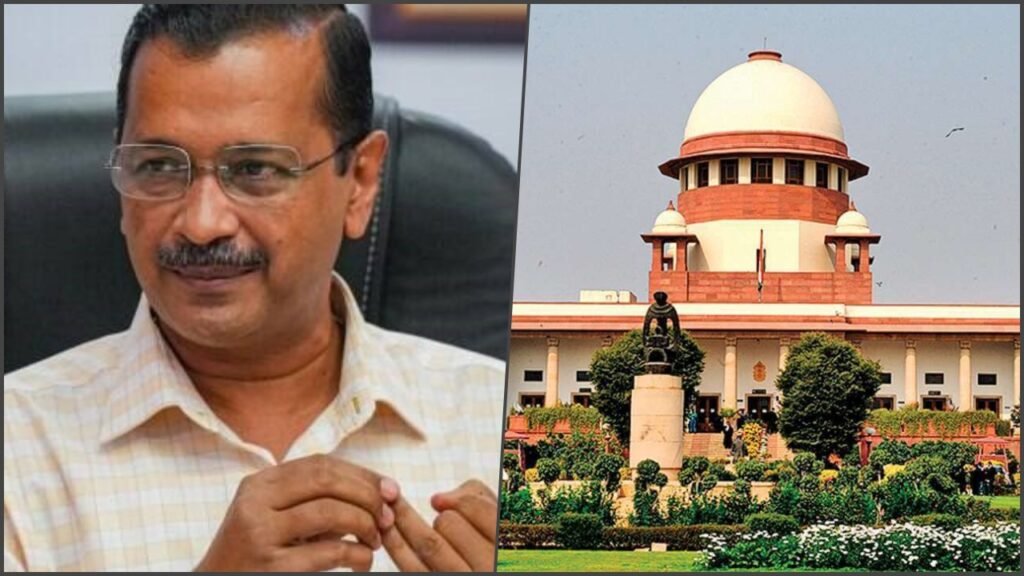
On April 9, the High Court rejected his plea for release, dismissing his claims of political vendetta amid the looming Lok Sabha elections. The court noted that Kejriwal’s absence from nine ED summons over six months undermined any claims of special privilege as Chief Minister, suggesting his arrest was an inevitable consequence of his non-cooperation.
Kejriwal was arrested by the ED on March 21 in connection with a money laundering probe related to alleged irregularities in the now-canceled Delhi excise policy 2021-22.



